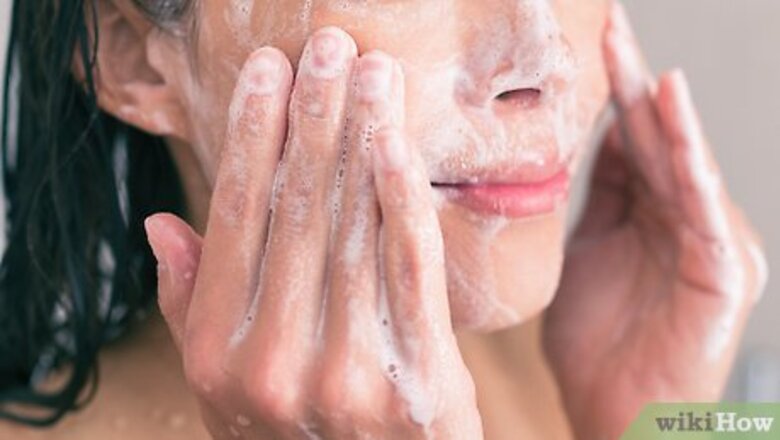
views
Steaming Your Face
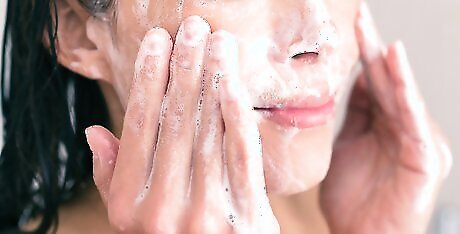
Wash your face thoroughly. Before you steam your face, wash it with room temperature water thoroughly to get any dirt, grime, make-up, and oils off of your skin. Use a gentle, non-comedogenic cleanser to prevent further clogging your pores. Never steam your face before washing it. Steaming helps to relax and open the pores in your skin, which can help to clean them, but it also opens them up to more inflammation and can lock in any dirt already on your face.
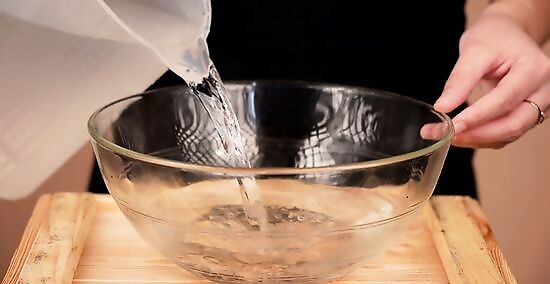
Fill a sink or bowl with hot water. Use any clean bowl, sink, or another water basin to steam your face. Drape a towel over the back of your head and the sink to create a tent to trap the steam and heat inside, softening your skin and opening your pores. Clean the surface of the water basin thoroughly with soap and rinse it out before you attempt to steam your face. In the past, it was thought that antibacterial soap would be helpful, but newer studies have shown that antibacterial soaps can cause superbugs, which is why ordinary detergent or soap is recommended. This removes germs stuck to the bottom of your sink and you can be reassured that you will not vaporize germs.
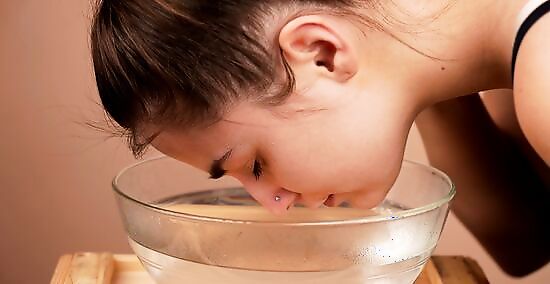
Hold your face over the steam for 5-10 minutes. Relax and breathe deeply, enjoying the effect of the steam. Keep your face 10–12 in (25–30 cm) away from the water to protect your skin from the heat, and only steam your face 1-2 times a week. If you have sensitive skin or are prone to rosacea, don’t steam your face more than once a week. Over-steaming your face can eventually dry it out, which can eventually result in your skin over-producing oil to try to make up for the lack of moisture in your skin.
Remove blackheads with a sterile comedone remover (optional). Your skin is very delicate, so pushing and picking at it to remove blackheads can cause more harm than good. If you want to try to remove them yourself, use a comedone remover that’s been sterilized in boiling water or alcohol. The comedone remover only applies pressure directly around the blackhead, so your skin receives less damage.
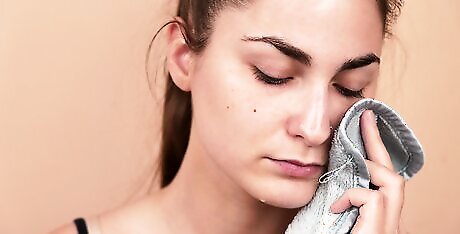
Wash your face with cold water. To close your skin back up, rinse your face with cold water then moisturize, using a natural moisturizer. The cold water closes your pores gently and naturally, and products not made from glycerine and alcohol are less irritating to sensitive skin.
Keeping Your Face Clean
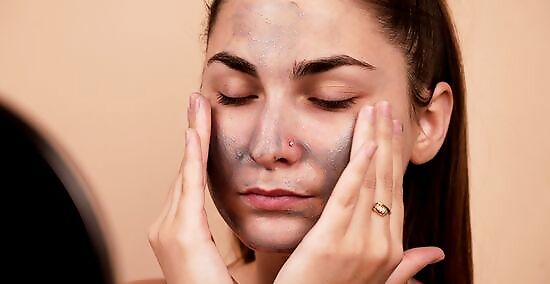
Only use gentle cleaning techniques. If you want to remove blackheads naturally, separate the astringent cleaners from the gentle cleaners to keep your skin as healthy as possible. Avoid harsh, alcohol-based cleaners, as well as chemical-based commercial cleansers. Be gentle with your skin as you wash. Don't pick at your blackheads, or scrub your skin vigorously. Only use gentle scrubbing, even if you're exfoliating. You don't need to dig at your skin to keep it clean.
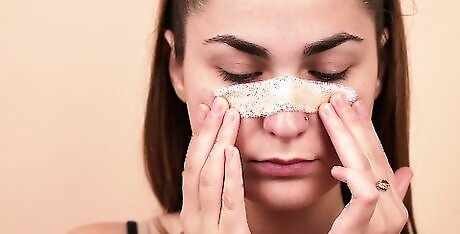
Consider using home remedies to cleanse your skin. Home remedies can be crafted using a wide variety of ingredients that are effective at tightening, soothing, and exfoliating your skin, just be careful to not use things that are too drying or abrasive, like baking soda. For example, make a natural, gentle, anti-inflammatory, anti-bacterial scrub by mixing honey with brown sugar.
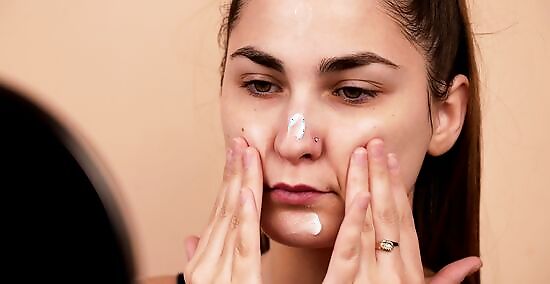
Use natural moisturizers. Moisturize regularly with natural plant-based oils and moisturizers to keep your skin healthy. While many associate oiliness with blackheads, using excessive products that dry out your skin actually ends up making your skin oilier in the long run.
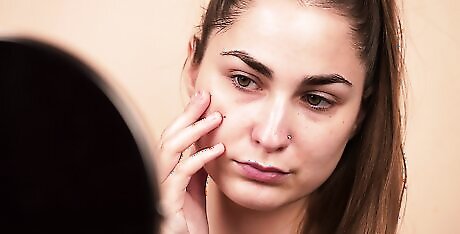
Never squeeze, strip, or pick your blackheads. Squeezing a blackhead can damage your skin, cause hyperpigmentation, and even give you an infection. Only touch your face with clean hands, and only ever use a comedone remover to try to remove blackheads.
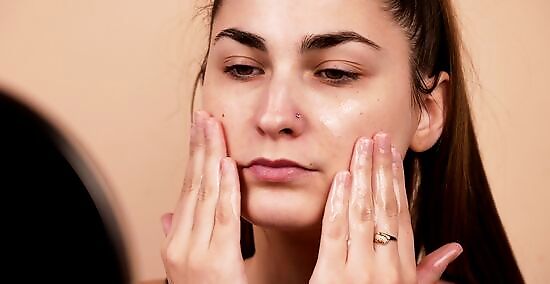
Try an oil cleanse to clear out your pores. Pour 1–2 tsp (4.9–9.9 ml) of a non-comedogenic, unscented oil into your hand and gently massage it into your skin for 1-2 minutes to remove dead skin, makeup, or dirt. Use a warm, damp cloth to wipe the oil off your skin. When you’re finished, dry your skin with a clean towel. There are many types of oil you can use, such as olive, avocado, or almond oil. If you have excessive blackheads, don’t use an oil cleanse. They’re best for light cases and can further clog pores that are already filled.
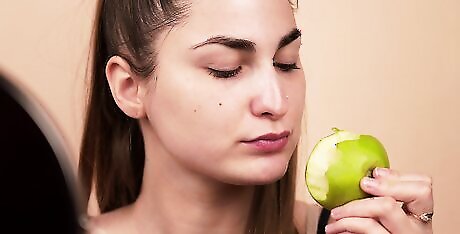
Eat a diet free of dairy products and sugar. People with low-sugar diets are less likely to develop acne.Dairy may play a role in your likelihood to develop acne, as well. By reducing your intake of the two, you can help prevent acne.
When to Seek Medical Care
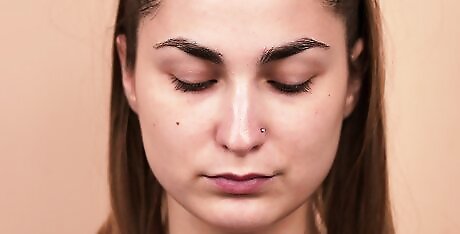
Talk to your doctor if more blackheads appear. If your blackheads persist despite treating them, talk to your doctor about the problem. They may prescribe prescription medication or topical cream that will help you get rid of the blackheads. If your blackheads don’t go away or increase in number after 2 weeks of treatment, make another appointment to see your doctor.
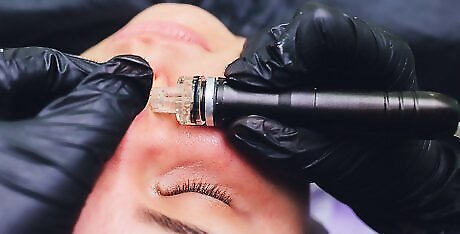
Seek medical attention if a blackhead becomes infected. Squeezing, picking, or attempting to remove blackheads can cause bacteria to get into the clogged pores. This can sometimes lead to an infection, which can turn serious if left unchecked. If you see signs of an infection, see a doctor for treatment. If the area around the blackhead is red and painful to the touch, it could be infected. Red streaks around the blackhead are a sure sign of an infection. Pus oozing out of the blackhead means that the pore is infected and needs treatment.
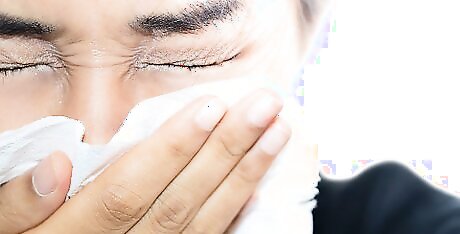
Get medical care if you have an allergic reaction to a natural remedy. Herbal medicines and natural treatments can cause reactions in some people. If you use a natural treatment to get rid of your blackheads and you have an allergic reaction, go to an urgent care clinic or an emergency room in case it’s serious. Signs of an allergic reaction include itchy eyes, ears, or mouth, difficulty breathing, hives or a rash on the skin, swollen tongue or lips, and nausea or vomiting. If you’re unable to drive yourself to seek help, call an ambulance.
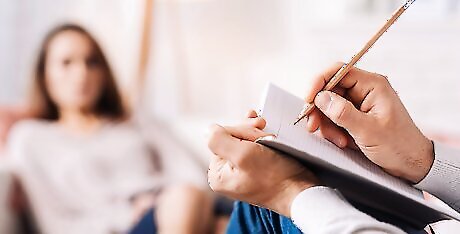
See a psychiatrist if you become depressed or anxious. Acne and blackheads can be frustrating and difficult to cope with. If you experience anxiety or depression because of your blackheads, make an appointment to see a psychiatrist so you can treat the problem. Mental health is nothing to be embarrassed about. If you’re having trouble dealing with your blackheads, talk to a mental healthcare professional. Symptoms of anxiety include feeling nervous, panic, increased heart rate, trouble sleeping, and difficulty controlling worry. Depression can manifest in various ways, but common symptoms include irritability, anger, agitation, lethargy, sleepiness, and a loss of enjoyment in your usual activities.










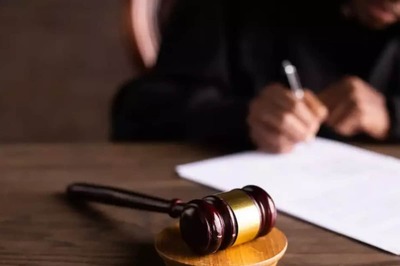

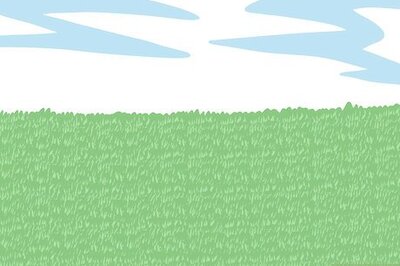
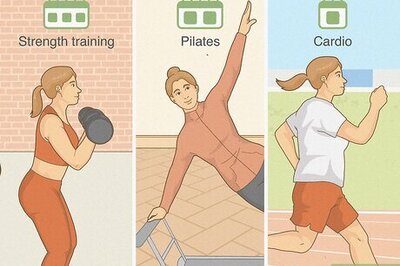



Comments
0 comment